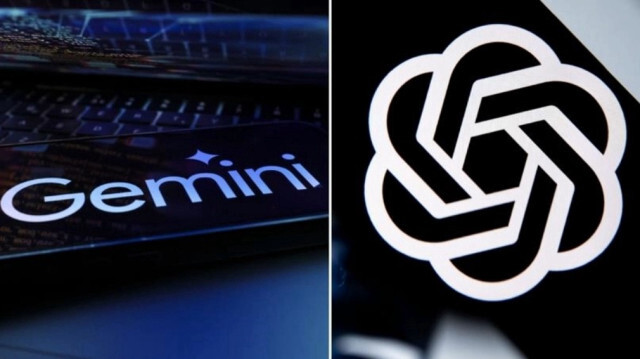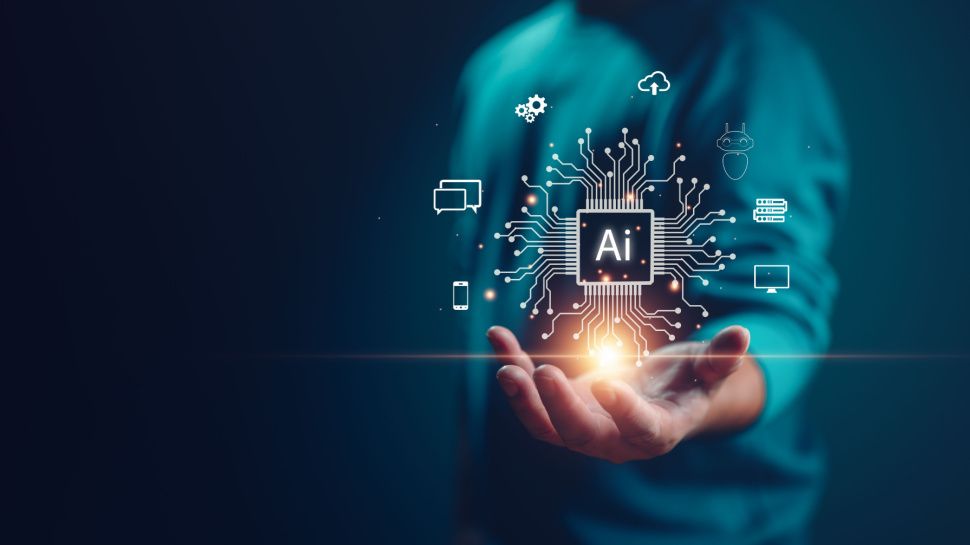
Investigating the usage of synthetic intelligence (AI) on this planet of labor, Hilke Schellmann thought she had higher strive a few of the tools. Among them was a one-way video interview system supposed to help recruitment referred to as myInterview. She bought a login from the corporate and started to experiment – first selecting the questions she, because the hiring supervisor, would ask after which video recording her solutions as a candidate earlier than the proprietary software program analysed the phrases she used and the intonation of her voice to attain how nicely she fitted the job.She was happy to attain an 83% match for the function. But when she re-did her interview not in English however in her native German, she was shocked to search out that as an alternative of an error message she additionally scored decently (73%) – and this time she hadn’t even tried to reply the questions however learn a Wikipedia entry. The transcript the software had concocted out of her German was gibberish. When the corporate instructed her its software knew she wasn’t talking English so had scored her totally on her intonation, she bought a robotic voice generator to learn in her English solutions. Again she scored nicely (79%), leaving Schellmann scratching her head.“If easy checks can present these tools might not work, we actually should be considering lengthy and arduous about whether or not we needs to be utilizing them for hiring,” says Schellmann, an assistant professor of journalism at New York University and investigative reporter.The experiment, performed in 2021, is detailed in Schellmann’s new e-book, The Algorithm. It explores how AI and complicated algorithms are more and more getting used to assist rent workers after which subsequently monitor and consider them, together with for firing and promotion. Schellmann, who has beforehand reported for the Guardian on the subject, not solely experiments with the tools, however speaks to specialists who’ve investigated them – and people on the receiving finish.Not solely do lots of the hiring tools not work, they’re primarily based on troubling pseudoscience and might discriminateThe tools – which intention to chop the time and price of filtering mountains of job purposes and drive office effectivity – are attractive to employers. But Schellmann concludes they’re doing extra hurt than good. Not solely are lots of the hiring tools primarily based on troubling pseudoscience (for instance, the thought that the intonation of our voice can predict how profitable we will probably be in a job doesn’t rise up, says Schellmann), they will additionally discriminate.In the case of digital monitoring, Schellmann takes intention on the method productiveness is being scored primarily based on defective metrics comparable to keystrokes and mouse actions, and the toll such monitoring can have on employees. More refined AI-based surveillance methods – for instance, flight threat evaluation, which considers numerous indicators, such because the frequency of LinkedIn updates, to find out the prospect of an worker quitting; sentiment evaluation, which analyses an worker’s communications to attempt to faucet into their emotions (disgruntlement might level to somebody needing a break); and CV evaluation, to establish a employee’s potential to amass new abilities – can even have low predictive worth.It shouldn’t be, says Schellmann, that she’s in opposition to the usage of new approaches – the way in which people do it may be riddled with bias, too – however we should always not settle for expertise that doesn’t work and isn’t truthful. “These are excessive stakes environments,” she says.It will be arduous to get a deal with on how employers are utilizing the tools, admits Schellmann. Though present survey information point out widespread use, corporations usually preserve quiet about them and candidates and workers are sometimes in the dead of night. Candidates generally assume a human will watch their one-way video however, the truth is, it could solely be seen by AI.Hilke Schellmann: ‘These tools aren’t going away so we have now to push again.’ Photograph: Jennifer AltmanAnd the usage of the tools isn’t confined to employment in hourly wage jobs. It can also be creeping into extra knowledge-centric jobs, comparable to finance and nursing, she says.Schellmann focuses on 4 courses of AI-based tools being deployed in hiring. In addition to one-way interviews, which might use not simply tone of voice however equally unscientific facial features evaluation, she seems to be at on-line CV screeners, which might make suggestions primarily based on the usage of sure key phrases discovered within the CVs of present workers; game-based assessments, which search for trait and abilities matches between a candidate and the corporate’s present workers primarily based on enjoying a online game; and tools that scour candidates’ social media outputs to make persona predictions.None are prepared for prime time, says Schellmann. How game-based assessments verify for abilities related to the job is unclear, whereas, within the case of scanning a candidate’s social media historical past, she exhibits that very completely different units of traits will be discerned relying on which social media feed the software program analyses. CV screeners can embody bias. Schellmann cites the instance of 1 that was discovered to be giving extra factors to candidates who had listed baseball as a passion on their CV versus candidates who listed softball (the previous is extra more likely to be performed by males).Even distributors might not know exactly how their tools are working, not to mention the businesses that use them – or the candidatesMany of the tools are basically black bins, says Schellmann. AI let free on coaching information seems to be for patterns, which it then makes use of to make its predictions. But it isn’t essentially clear what these patterns are and so they can inadvertently bake in discrimination. Even the distributors might not know exactly how their tools are working, not to mention the businesses that are shopping for them or the candidates or workers who’re subjected to them.Schellmann tells of a black feminine software program developer and army veteran who utilized for 146 jobs within the tech trade earlier than success. The developer doesn’t know why she had such an issue however she undertook one-way interviews and performed AI video video games, and she or he’s positive was topic to CV screening. She wonders if the expertise took exception to her as a result of she wasn’t a typical applicant. The job she ultimately did discover was by reaching out to a human recruiter.Schellmann calls on HR departments to be extra sceptical of the hiring and office monitoring software program they’re deploying – asking questions and testing merchandise. She additionally needs regulation: ideally a authorities physique to verify the tools to make sure they work and don’t discriminate earlier than they’re allowed to hit the market. But even mandating that distributors launch technical experiences about how they’ve constructed and validated their tools so others may verify them could be a superb first step. “These tools aren’t going away so we have now to push again,” she says.In the meantime, jobseekers do have ChatGPT at their disposal to assist them write cowl letters, polish CVs and formulate solutions to potential interview questions. “It is AI in opposition to AI,” says Schellmann. “And it’s shifting energy away from employers a bit bit.”
The Algorithm: How AI Can Hijack Your Career and Steal Your Future by Hilke Schellmann is printed by C Hurst & Co (£22). To assist the Guardian and Observer order your copy at guardianbookshop.com. Delivery fees might apply
https://www.theguardian.com/technology/2024/feb/03/ai-artificial-intelligence-tools-hiring-jobs




